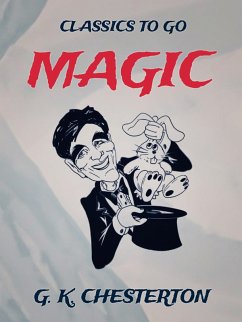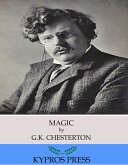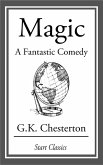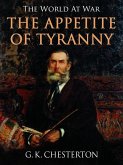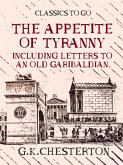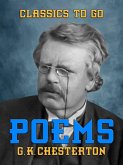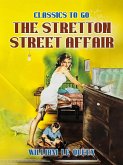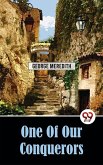Magic is an excellent philosophical play about a conjuror whose tricks throw an entire household into turmoil. Chesterton poses this fundamental question: Who is the bigger zealot? Someone who believes in miracles, or someone who goes to whatever lengths necessary not to? (Goodreads)
Dieser Download kann aus rechtlichen Gründen nur mit Rechnungsadresse in A, B, BG, CY, CZ, D, DK, EW, E, FIN, F, GR, HR, H, IRL, I, LT, L, LR, M, NL, PL, P, R, S, SLO, SK ausgeliefert werden.

